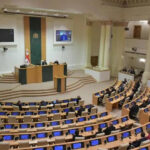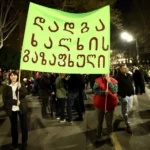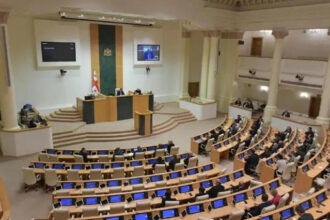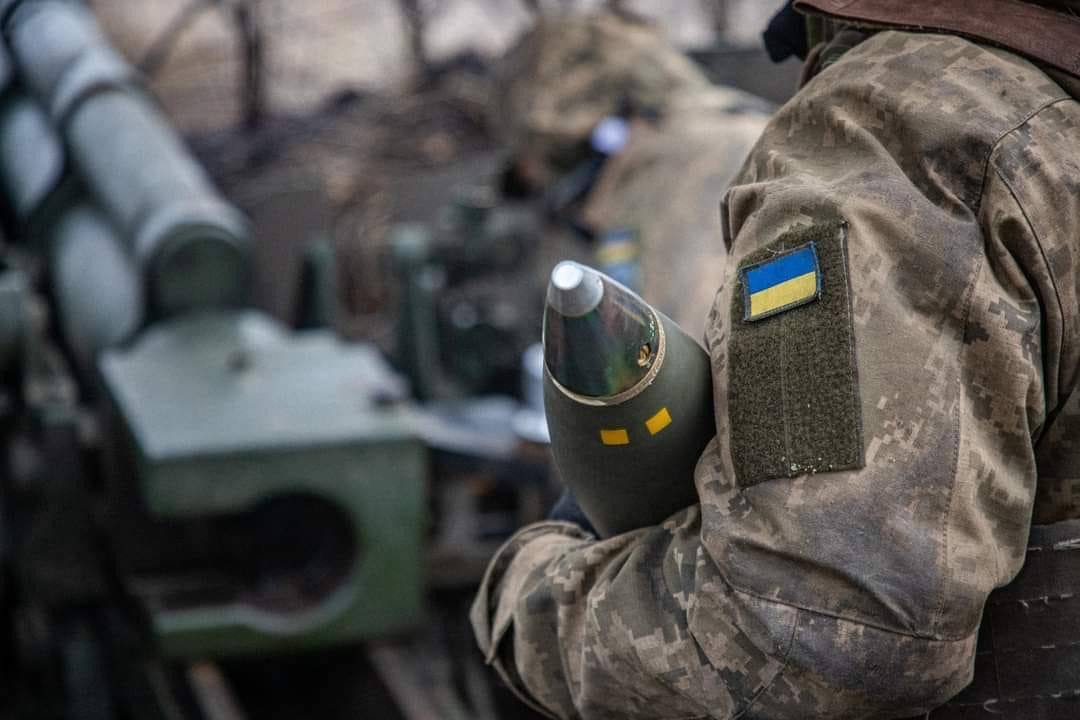**Ukraine’s New Mobilization Law Falls Short of Expectations**
The Ukrainian Parliament has adopted a new law aimed at strengthening the country’s defense in the face of Russia’s aggression. The law was passed with 283 votes in favor, but it has been met with criticism from frontline soldiers and the public.
**What’s in the Law?**
The primary focus of the law is to establish a comprehensive system for monitoring and accounting for all military-eligible men between the ages of 18 and 60. These individuals will be required to update their military registration data within 60 days, and those who are exempt from mobilization have been identified.
**Exemptions from Mobilization**
The law provides exemptions for certain categories of individuals, including:
* Citizens unfit for military service due to health conditions or age
* Parents raising three or more minor children
* Men and women raising at least one child under the age of 18
* Guardians of a person declared incapacitated by a court
* Individuals with a spouse who has a disability
* Family members of Heroes of Ukraine who died during the Revolution of Dignity
Additionally, public officials such as ministers, diplomats, and judges are also exempt from mobilization.
**Criticism from Frontline Soldiers**
Many military personnel believe that the list of exemptions should be narrowed. A commander of one of the Ukrainian army battalions commented that law enforcement and government agencies should mobilize at least 50% of their staff to reinforce regular infantry.
**What’s Missing?**
The new mobilization law has been criticized for falling short of frontline expectations. Many feel that it does not provide a clear solution to the current military situation, and that more needs to be done to prepare the country for future conflicts.













